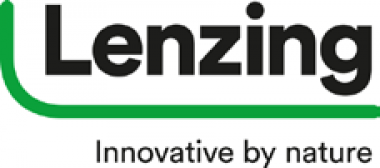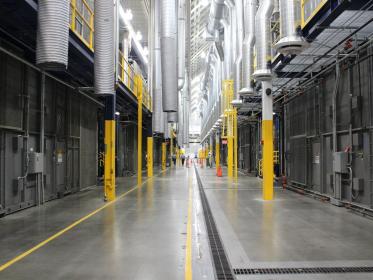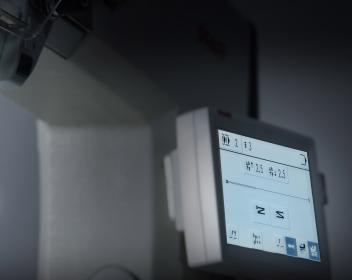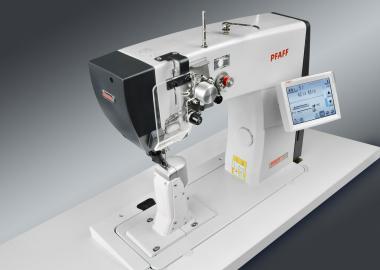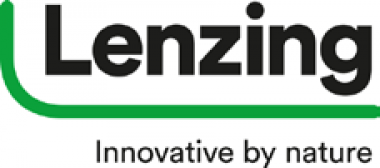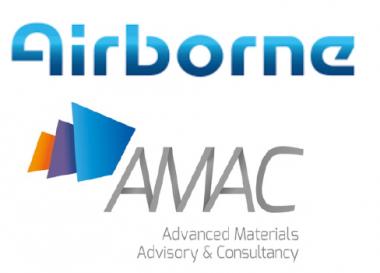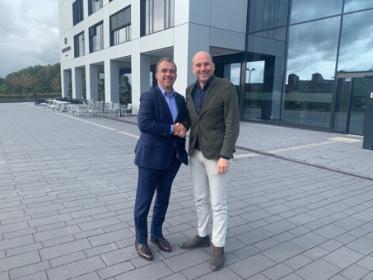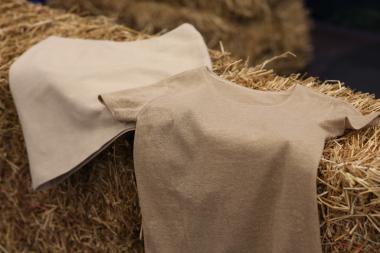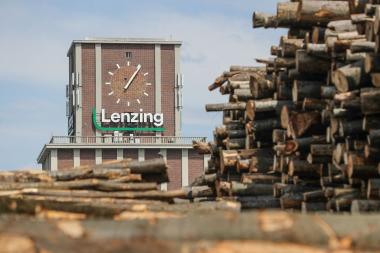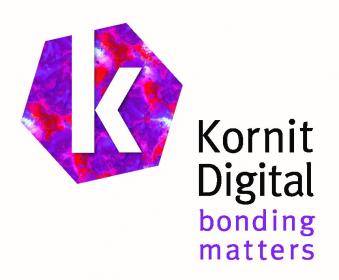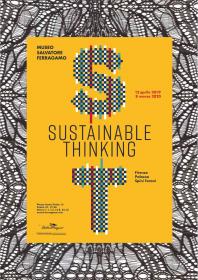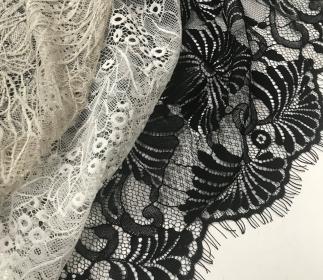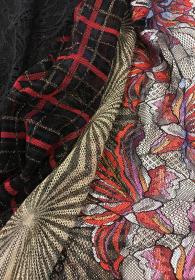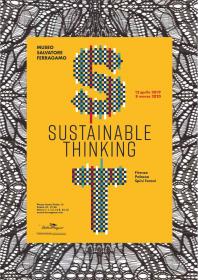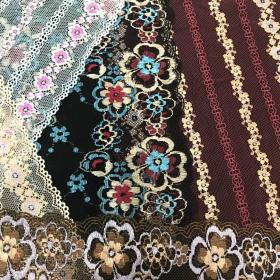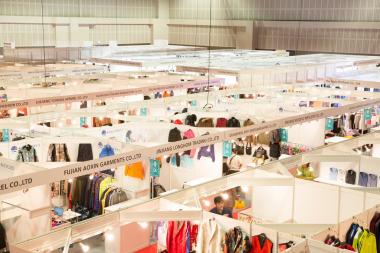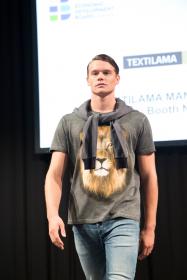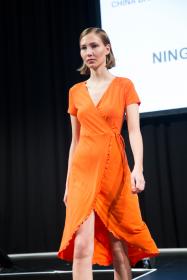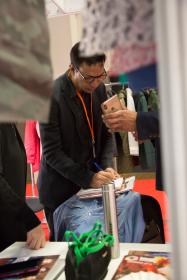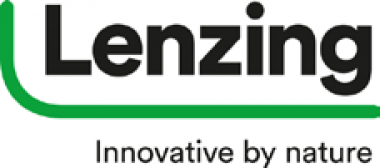NCTO Applauds Trump Administration’s Move to Crack Down on Imported Counterfeits
The National Council of Textile Organizations (NCTO) issued a statement today on the Trump administration’s announced action plan to increase enforcement and penalties against counterfeit goods sold online and imported to the U.S.
“This is a very important and long overdue move on the part of the administration to increase enforcement activity and penalties against counterfeit goods sold online and imported into the United States,” said NCTO President and CEO Kim Glas. “We commend the administration for making a commitment to bolster efforts to crack down on counterfeits, particularly in the textile and apparel sector, which has been hit hard by fake imported products for decades.”
Nearly two million shipments of goods are exported to the United States duty free each day-- often from countries with poor labor, human rights and environmental track records—under a provision known as Section 321 de minimis. This provision allows goods valued below an $800 threshold to enter the U.S. duty free when imported directly to an individual on a single day.
“This massive increase in de minimis shipment trade poses significant security risks and threats to public health and safety, while incentivizing customs fraud and creating a loophole to our entire tariff structure,” Glas said. “Our concerns regarding the de minimis loophole are exacerbated by the belief that the domestic textile industry and other U.S. manufacturing interests are directly and negatively impacted, particularly since e-commerce sites like Amazon and others are using de minimis as a duty-free portal into the U.S. for products under $800.”
Furthermore, CBP’s own annual report on intellectual property seizures, including large volumes of counterfeits, revealed that U.S. authorities made seizures totaling $1.4 billion in fiscal 2018. Over 90 percent of all intellectual property (IPR) seizures occur in the international mail and express shipment environments, according to the report, which is a common method of shipping by e-commerce sites.
Chinese products accounted for 46% of all IPR seizures with a total Manufacturers Suggested Retail Price (MSRP) value of $761.1 million in FY 2018. Apparel and accessories were the top counterfeit products seized by U.S. authorities, accounting for 18% of all seizures in FY 2018 with an MRSP value of $115.2 million.
“We think this is an important step forward by the administration to deepen the analysis on de minimis products--- that are often not thoroughly examined and undercut our domestic manufacturing industries,” Glas said. “We don’t know what the products are, where they are coming from, whether they meet U.S. safety requirements, who is making them or the country of origin. We believe it is long past time for the administration to address the issue of de minimis shipments and counterfeiting head on.”
NCTO
NCTO










